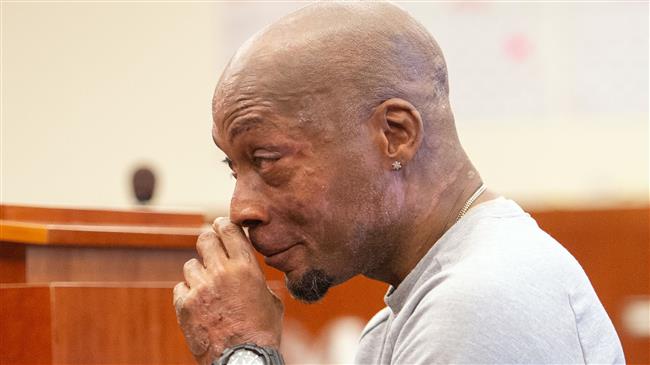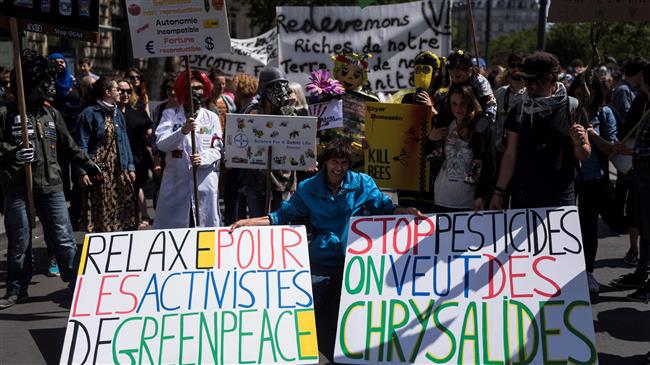California court orders US biotech giant to pay $289mn to groundkeeper
Agrochemical giant Monsanto has been ordered by a California court to pay $289mn compensation to a former pest control manager.
After three days of deliberations, on Friday, the jury at San Francisco’s Superior Court found Monsanto liable in the case of Dewayne Johnson, 46.
Jurors said the company had failed to warn Johnson, as well as other consumers, of the cancer risks posed by its weed killers.
Johnson applied Monsanto weed killers Roundup and Ranger Pro up to 30 times per year.
Johnson’s doctors said he is unlikely to live past 2020.
Johnson's lawyer, Brent Wisner, said jurors had seen internal company papers “proving that Monsanto has known for decades that glyphosate and specifically Roundup could cause cancer.” He called on Monsanto to “put consumer safety first over profits.”

Weed & Grass Killer?
Monsanto's German owners rejected the court's ruling and vowed to appeal. They insisted that their top selling product, the weed killer Roundup, was "safe" despite the court's decision to order the agrochemical giant to pay the hefty compensation.
Bayer AG, which recently acquired the US company, said the court's ruling went against scientific evidence.
"On the basis of scientific conclusions, the views of worldwide regulatory authorities and the decades-long practical experience with glyphosate use, Bayer is convinced that glyphosate is safe and does not cause cancer," the company said in a statement on Saturday.
The weed killer substance in Roundup is glyphosate.
Statisticians, doctors, public health researchers and epidemiologists, who had given testimonies for the Johnson case, were in disagreement over whether glyphosate could cause cancer.
The World Health Organization’s cancer arm in 2015 classified glyphosate as “probably carcinogenic to humans.”
However, the US Environmental Protection Agency in September 2017 concluded a decades-long assessment of glyphosate risks and found the chemical not likely carcinogenic to humans.
VIDEO | Iran marks defeat of US military operation in Tabas Desert
VIDEO | Press TV's news headlines
US troopers crack down on pro-Palestinian protests at University of Texas
VIDEO | German warship departs Red Sea as EU 'naval mission' fails
VIDEO | Palestinians inspect rubble of destroyed building in Rafah
Yemeni forces strike US, Israeli vessels in fresh pro-Palestinian operations
‘Say no to Biden’: US college being pressed not to endorse genocide
VIDEO | UN: Alarming food insecurity crisis grips Afghanistan




















 This makes it easy to access the Press TV website
This makes it easy to access the Press TV website